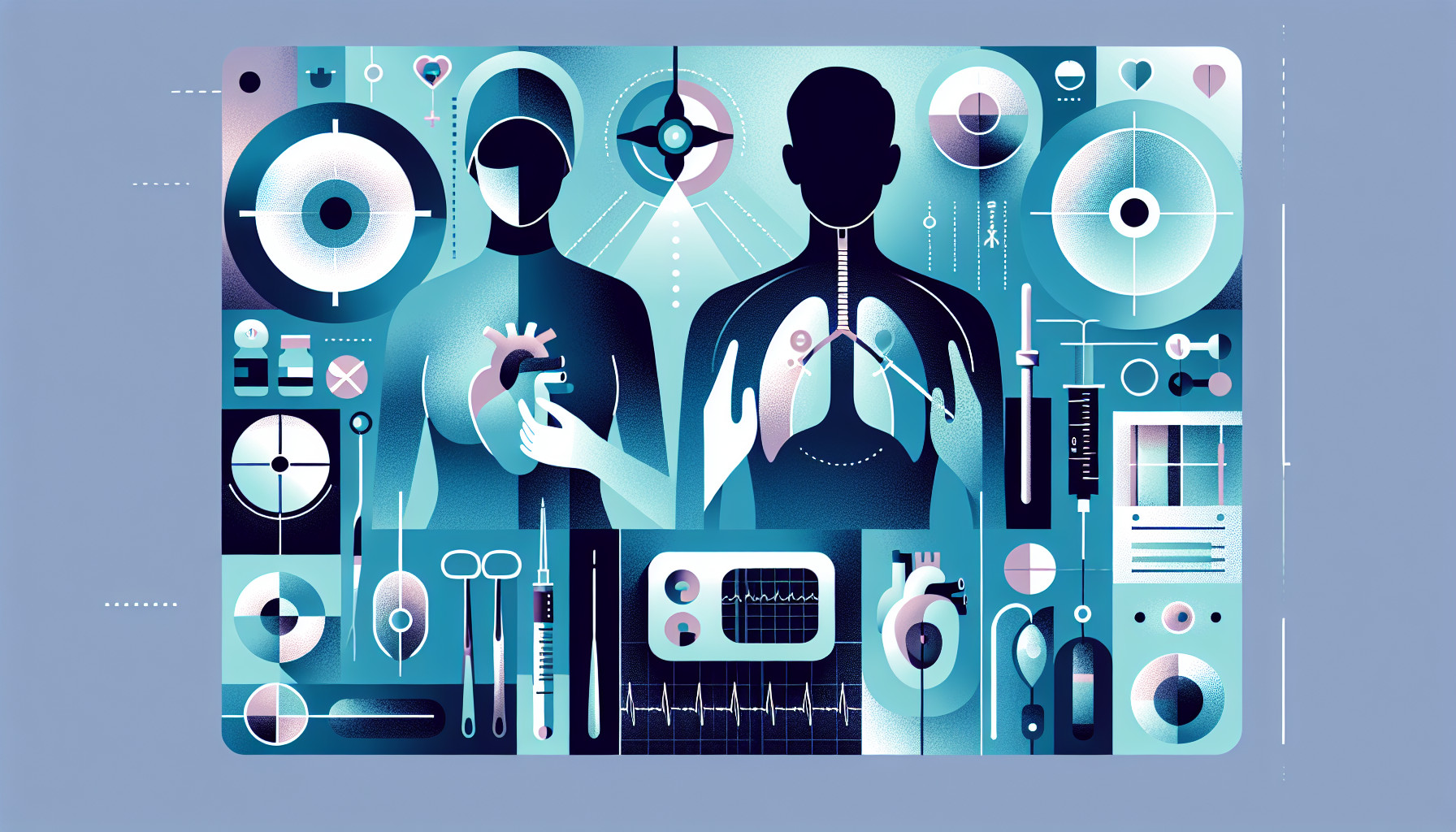Our Summary
This research paper looks at the health care challenges in the Caribbean, specifically in the field of heart and chest surgery. Despite being a popular tourist destination, the Caribbean has many issues with its health care, including lack of resources and lack of specialized care. Many smaller islands don’t have access to heart surgery, and there’s not enough government funding for less invasive chest surgery.
The researchers looked at previous studies and articles about heart and chest surgery in the Caribbean to get a better picture of the situation. They found that even though the Caribbean is considered a middle to high-income region, there’s a big gap in the speed of medical advancements and the quality of care from one island to another. Many islands are struggling to improve their heart and chest surgery services because they don’t have local surgery centers and not enough money for less invasive chest surgery.
The study concludes that the future of heart and chest surgery in the Caribbean depends on more support from local governments and the right use of health care budgets. But it’s not just about money - surgeons also need to work on changing and improving the culture in their institutions. Even though there are still many challenges, the Caribbean deserves special attention to ensure long-term, sustainable heart and chest surgery services.
FAQs
- What are the main challenges in the field of heart and chest surgery in the Caribbean?
- How does the level of income in the Caribbean region affect the quality of health care, specifically heart and chest surgeries?
- What are the suggested solutions to improve heart and chest surgery services in the Caribbean?
Doctor’s Tip
One helpful tip a doctor might tell a patient about thoracic surgery is to follow all pre-operative instructions carefully, such as fasting before surgery and avoiding certain medications. It’s important to communicate openly with your healthcare team about any concerns or questions you may have, and to follow post-operative care instructions closely to ensure a smooth recovery. Additionally, maintaining a healthy lifestyle through diet and exercise can help improve surgical outcomes and overall heart health.
Suitable For
Patients who are typically recommended thoracic surgery include those with conditions such as lung cancer, esophageal cancer, emphysema, mediastinal tumors, chest trauma, and other thoracic disorders. Additionally, patients with conditions such as severe chest infections, abnormal growths in the chest cavity, and severe chest wall deformities may also be recommended for thoracic surgery. It is important for patients to be evaluated by a thoracic surgeon to determine if surgery is the best course of treatment for their condition.
Timeline
Before thoracic surgery, a patient typically undergoes a series of tests and consultations with their healthcare provider to determine the need for surgery and assess their overall health. This may include imaging tests, blood work, and discussions about the risks and benefits of the procedure.
After thoracic surgery, the patient will be closely monitored in the hospital for a period of time to ensure proper healing and recovery. This may involve pain management, physical therapy, and respiratory therapy to help the patient regain strength and function. The patient will also have follow-up appointments with their healthcare provider to monitor their progress and address any concerns or complications that may arise. Overall, the timeline for a patient before and after thoracic surgery can vary depending on the specific procedure and the individual patient’s health and recovery process.
What to Ask Your Doctor
Some questions a patient should ask their doctor about thoracic surgery in the Caribbean include:
- What are the risks and benefits of thoracic surgery for my specific condition?
- How experienced is the surgical team in performing thoracic surgeries, particularly on the island where the surgery will take place?
- What type of anesthesia will be used during the surgery and what are the potential side effects?
- What is the expected recovery time after thoracic surgery and what post-operative care will be necessary?
- Are there any alternative treatment options available for my condition that do not involve surgery?
- What is the success rate of thoracic surgeries in the Caribbean compared to other regions with more advanced medical facilities?
- How will my follow-up care be managed after the surgery, especially if I live on a smaller island without access to specialized care?
- What measures are in place to ensure that the surgical team follows proper protocols and guidelines to minimize the risk of complications during and after the surgery?
- Are there any financial assistance programs or resources available to help cover the cost of thoracic surgery in the Caribbean?
- How can I best prepare myself physically and mentally for thoracic surgery in the Caribbean, considering the potential challenges and limitations of the healthcare system in the region?
Reference
Authors: Vinck EE, Ebels T, Hittinger R, Peterson TF. Journal: Braz J Cardiovasc Surg. 2021 Oct 17;36(5):599-606. doi: 10.21470/1678-9741-2020-0377. PMID: 33577262
